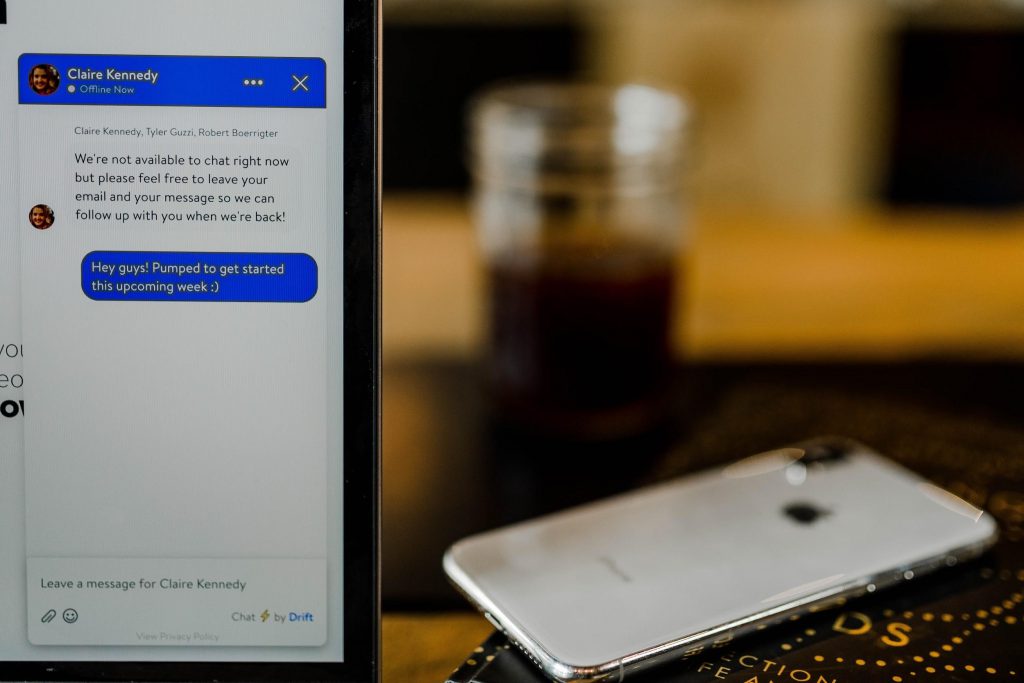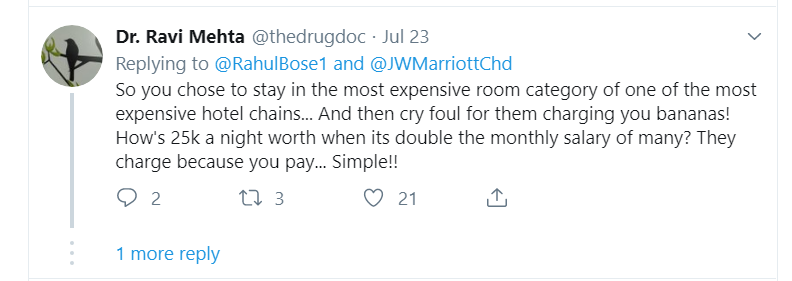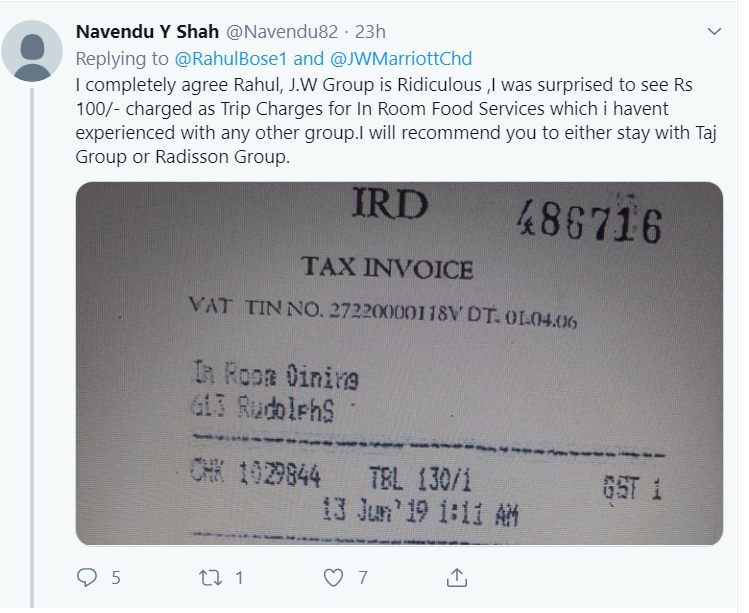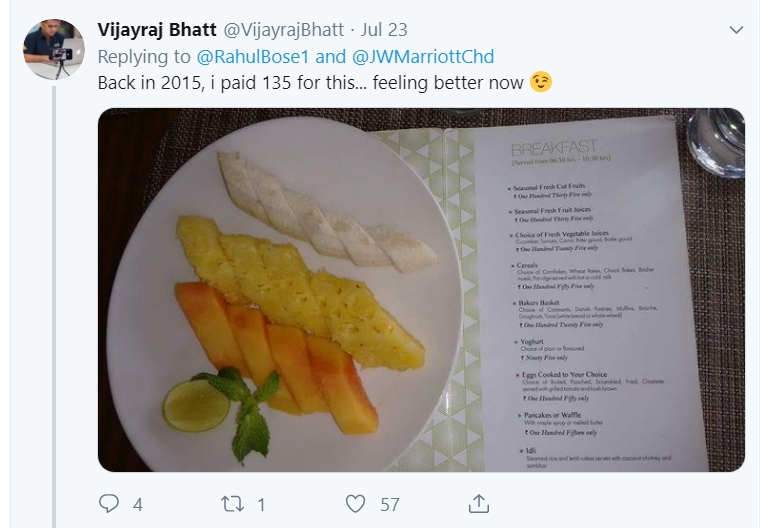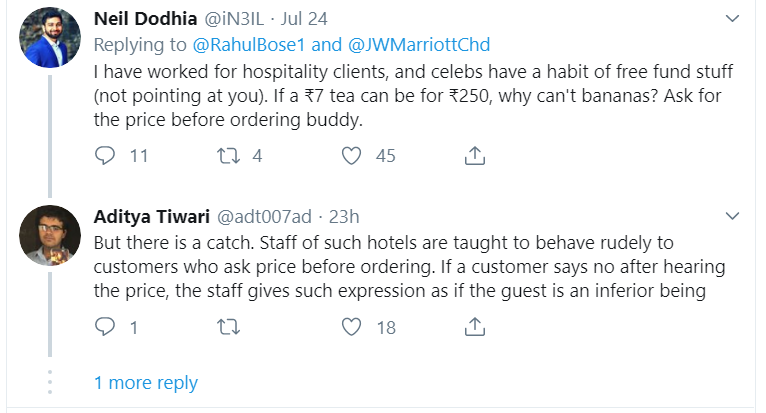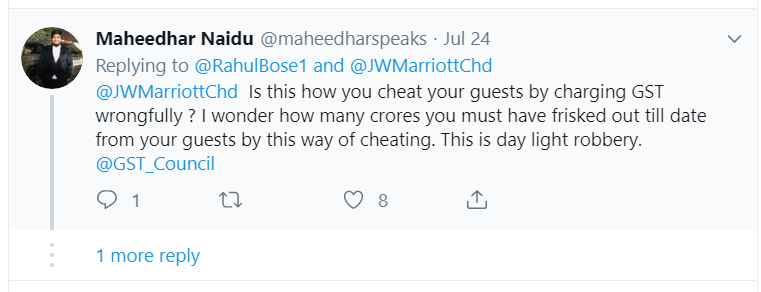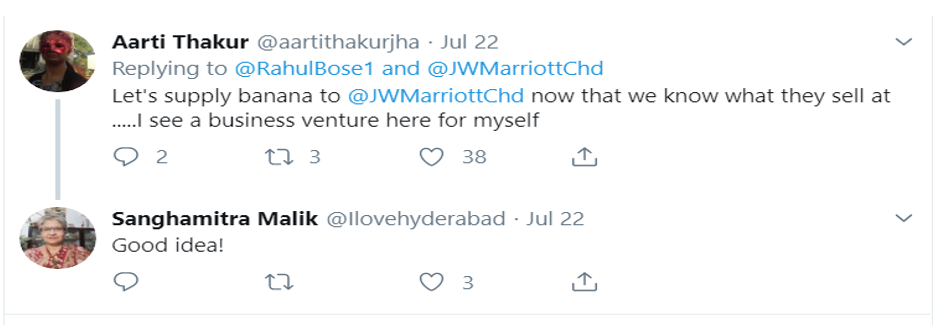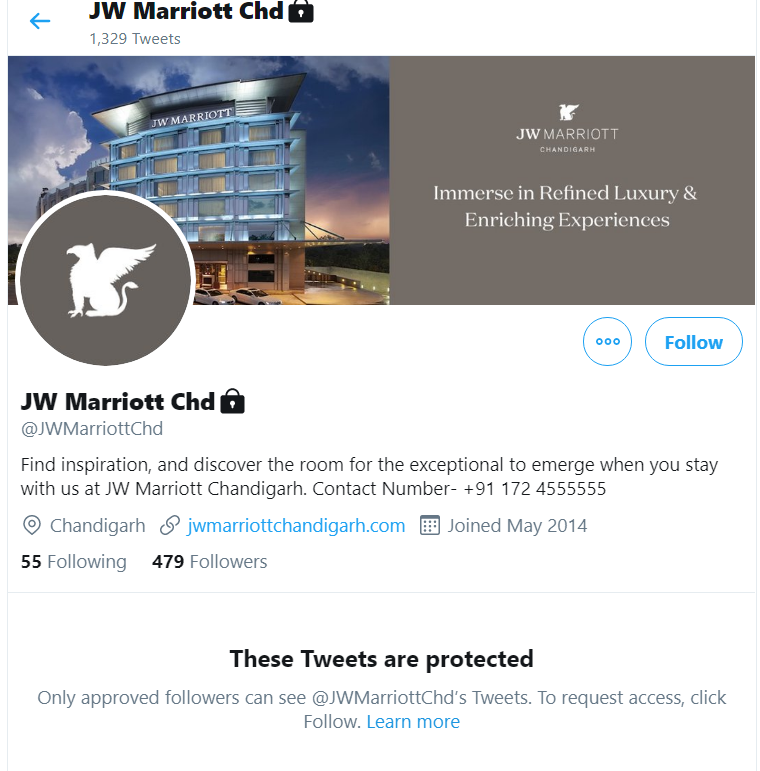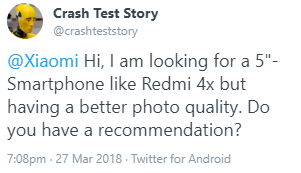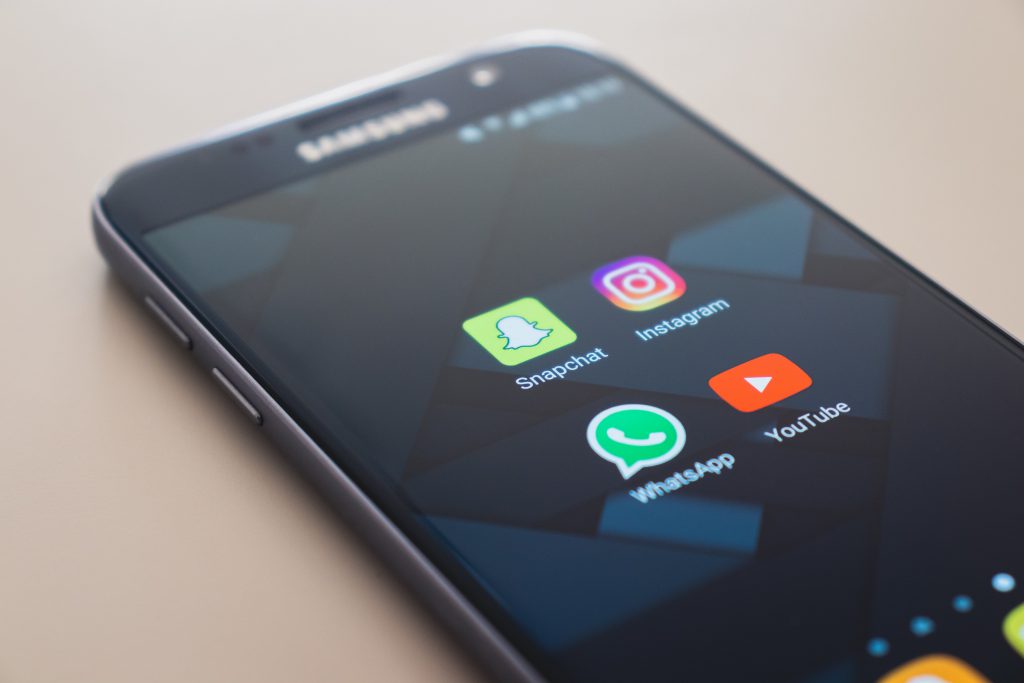Busting the Common Myths About Social Media Intelligence
Being a netizen in the 21st century, you’d be surprised to know about the myths marketers believe in, about social media and its related tools. Some of these myths have the potential to cause damage to your company. Thereby, we chose to listen to some general comments to figure out the most common myths and to address the ones about social media intelligence and its allied services.
Social Intelligence and its Metrics are Not Important
It is surprising to see that companies really do believe that investing in social media marketing is a waste of resources. And even the ones that reluctantly engage with social media marketing or at least make an attempt, are not really sincere in doing so.
If you believe that social media marketing and the metrics related to it do not matter, you are gravely mistaken. Take a look at these facts for a moment:
- 71% of customers say they would recommend a brand further if they have a positive social media service interaction.
- 90% of social media users use it to interact with brands and companies.
- Link clicks account for 92% of Twitter interactions.
Impressions, engagement rate, click-through rate might not seem of much importance at a glance, but not paying heed to what your audience expects puts your business in grave danger. In fact, surveys show customers being unhappy with the kind of content companies provide them, which does not even match their interests.
Monitoring social media metrics is an essential strategy to make sure your customer satisfaction rate is high, your business is growing and gaining attention – and not losing any!
Social Media Intelligence doesn’t Increase Sales
This is one of the greatest living myths related to social intelligence out there. Read on to see why you need to change your thinking if you are also prone to believing this, read along.
The fact is that Customers are found to be more attracted to products viewed on social media, be it an ad or even a featured review from a blogger.
To think that social intelligence is not important is highly erroneous. Social media is the number one platform to spread awareness and receive business insights. 90% of millennials interact with or mention a brand online. Social listening helps you gain business intelligence based on the data gathered. If customers are unhappy with the fabric of the upholstery your brand is selling they would tweet or comment about it. Social media intelligence gathers this data and analyses it to give you real-time feedback. Bad reviews make you lose customers and social intelligence helps you know the cause for bad reviews before you have to shut down your brand.
Besides, every marketing strategy needs to be backed by well-researched facts. Consumer-centric decisions cannot be made unless you know their opinion. Social intelligence is the opinion miner.
Not All Social Media Platforms are Important
Facebook, YouTube, WhatsApp, and Twitter are the most common names when marketers are asked about social media platforms. And understandably so, these are the platforms which top the lists when it comes to the most number of active users. However, if your brand focuses on building your brand on only one or two platforms, you are not diversifying enough.
Also, the choice of the social media platform for your online marketing campaign should complement your business. Fashion and merchandise businesses can look forward to Instagram marketing. Pinterest is another interesting choice for businesses. Pinterest might not have a mammoth number of active users, yet it has people from the right demographics. In the U.S., half of their millennials use Pinterest. Over 65% of American women within the age group of 25 and 54 use Pinterest extensively. This makes it necessary for any brand looking to target women to have a strong online presence on Pinterest.
Though the concept of social media marketing and monitoring social media intelligence has been spreading like a wildfire across the globe, these commons myths set companies back from realizing the full potential of this tool.


